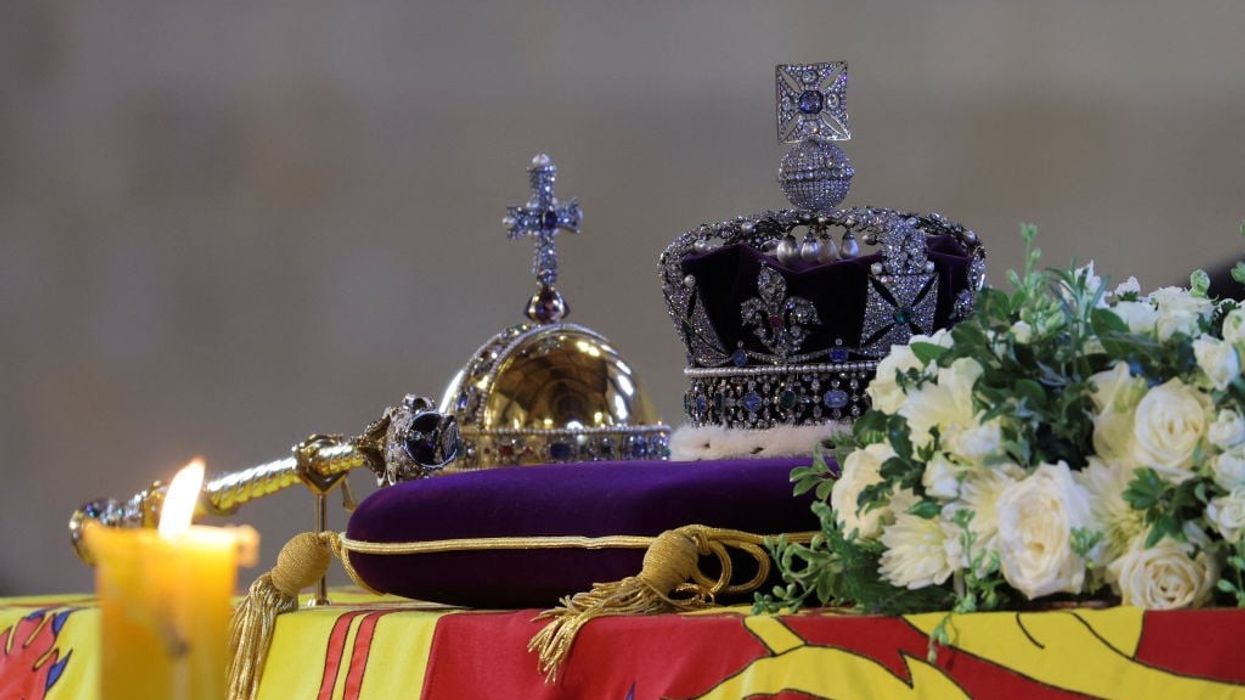The death of Queen Elizabeth II has reignited the debate in South Africa, a former colony of Britain, over the ownership of world's largest clear-cut diamond.
The African nation said that the precious diamond-the Great Star of Africa, or Cullinan l, belongs to them.
The diamond was was mined in South Africa in 1905. According to the Royal Collection Trust, which oversees the royal collection of the British royal family, the Cullinan diamond was presented to King Edward VII (the British monarch at the time) in 1907, two years after its discovery in a private mine in South Africa's old Transvaal province.
“It was sent to Asscher of Amsterdam to be cleft in 1908,” it added.
Weighing around 3,106 carats in its natural form, the original diamond was "the size of a human heart," the Royal Asscher says.
It is currently mounted on a royal scepter belonging to the Queen.
Reports said that more than 6,000 people have signed a petition calling for the Great Star of Africa to be returned and put in a South African museum.
The Daily Star reported that there are plenty of debates happening in the media in South Africa about who owns the Great Star of Africa as well as other precious stones mined in the country.
African Transformation Movement (ATM) MP Vuyo Zungula has strong views about the topic. Zungula said that South Africa should leave the Commonwealth and should write a new constitution.
“SA should now leave the Commonwealth, demand reparations for all the harm done by Britain, draft a new constitution based on the will of the people of SA not the British Magna Carta, and demand the return of all the gold, diamonds stolen by Britain,” the lawmaker was quoted as saying by the newspaper.
According to ANC KwaZulu-Natal provincial secretary Thanduxolo Sabelo, the minerals of South Africa and other countries continue to benefit Britain at the expense of its people.
"We remain in deep, shameful poverty, we remain with mass unemployment and rising levels of crime due to the oppression and devastation caused by her and her forefathers."
He also demanded the immediate return of the Cullinan to the country.
African nations continue to fight to recover cultural artifacts pillaged by colonial powers. Recently, a London museum announced that it will return 72 objects looted from the Kingdom of Benin, in southern Nigeria, in 1897.





